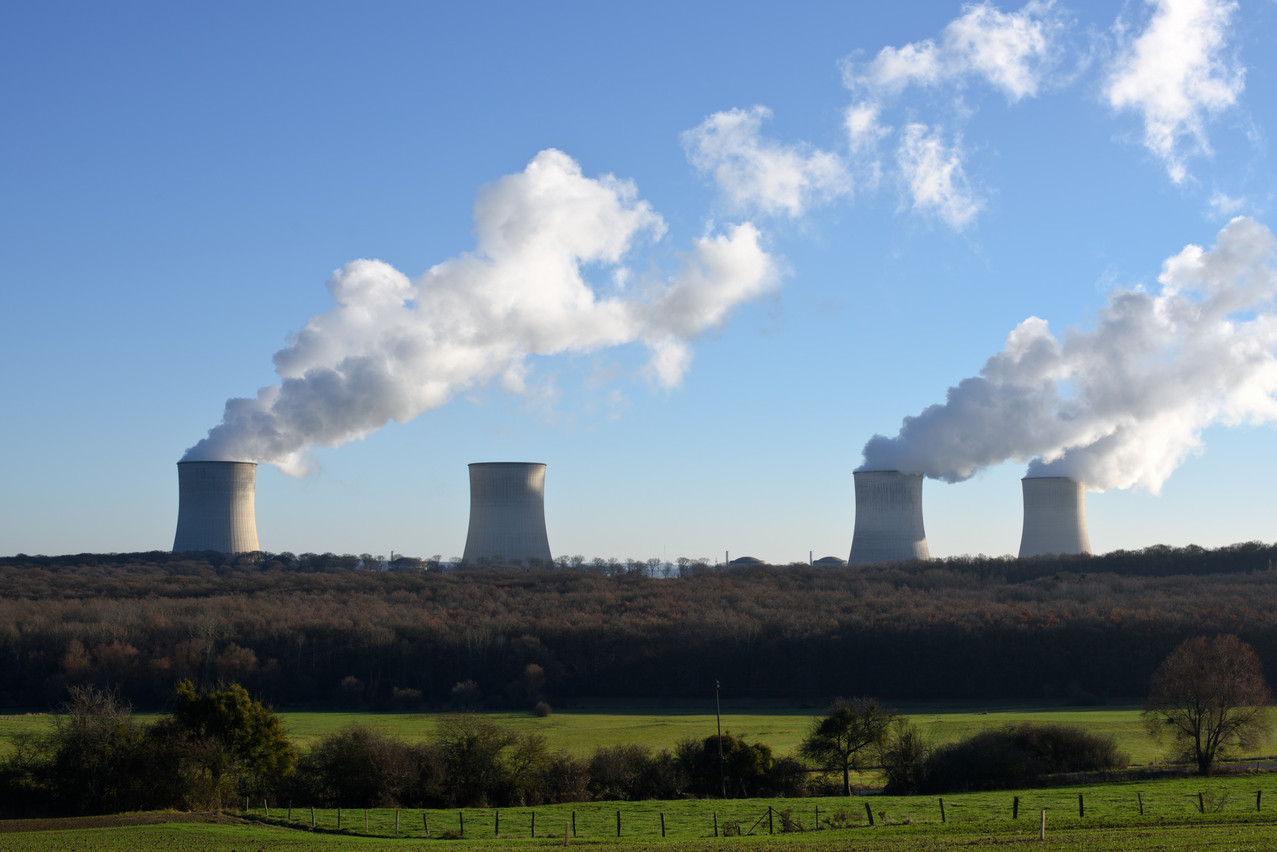Reactor n°3 at the Cattenom nuclear power plant was shut down in March for inspections after corrosion was reported at other power plants in France dating from the same era. Luxembourg has long pushed for the closure of Cattenom, even though it sources 10% of electricity from nuclear sources and invests in EDF through its national pension fund.
However, with plans to extend the reactors’ use to at least 2035--they should be shut off between 2026 and 2031--the ministry of environment worries about the impact of any nuclear incidents on Luxembourg.
“These nuclear power plants planned in the 1980s were not designed to operate for more than 40 years,” a spokesperson of the environment ministry told Delano on Thursday. “These plants could never meet the standards currently applicable to new constructions in this area. The numerous shutdowns imposed by the nuclear safety authority on the operator are ample proof of this.”
Read also
The EDF’s lack of transparency regarding the signs of corrosion is an additional source of concern, the spokesperson said.
The EDF on 14 April had said that there was no update to share and that analyses were still ongoing after a news outlet specialised in energy markets said corrosion had been found at the plant, citing a union source. The same day, however, the EDF quietly updated a note on ongoing corrosion checks to indicate that “signs” had been detected during ultrasound imaging.
Luxembourg’s environment ministry is also calling for a cross-border Environmental Impact Assessment (EIA) to be made before considering keeping the reactors running, stating that--as was ruled by the EU court of Justice and the Espoo Convention implementation committee--this is a mandatory procedure before any nuclear plant lifespan extension.
The Espoo Convention is a UN document regulating environmental impact assessments in cross-border contexts.
The assessments follow an EU-wide standardised procedure, with the environmental ministry overseeing these in the grand duchy.
